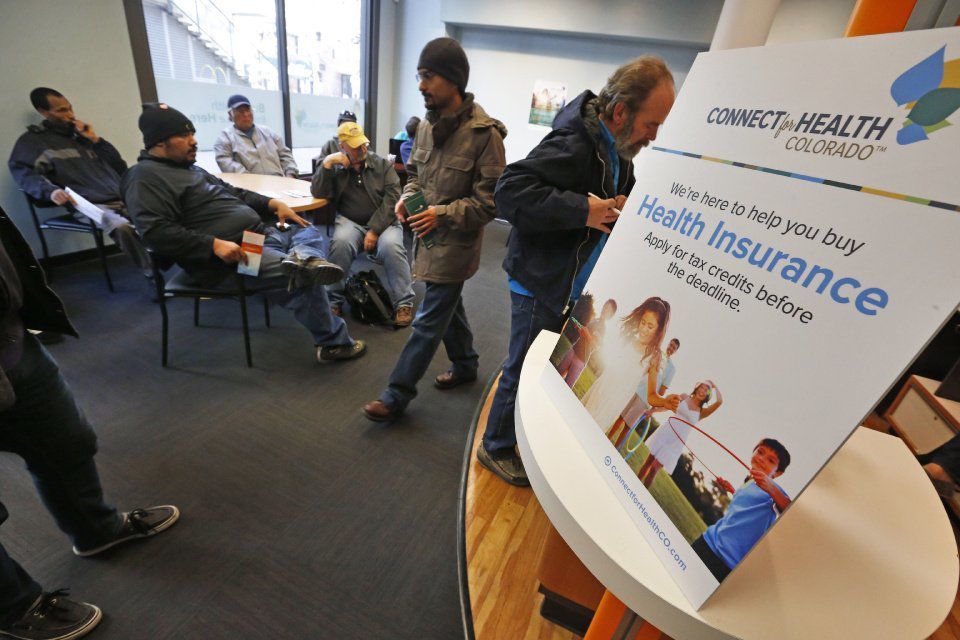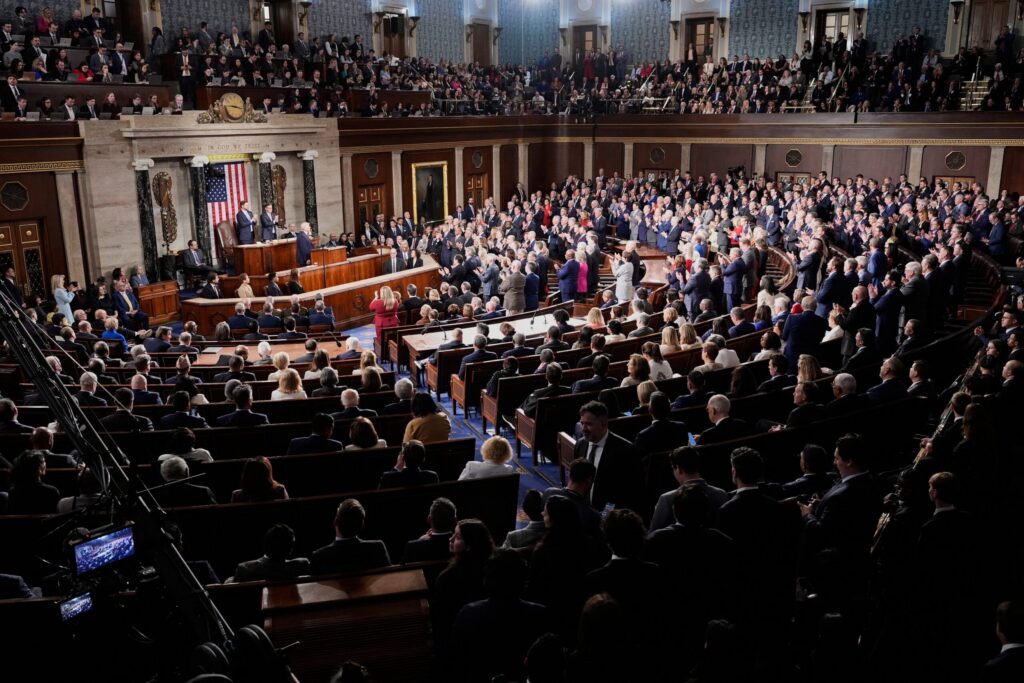Colorado sends notices to ACA enrollees as premiums set to double

Without the enhanced federal subsidies that reduce payments when Americans buy health insurance under the Affordable Care Act, Colorado premiums are expected to double.
And if not for supplemental money Colorado lawmakers approved during special session, the 101% average increase would have been 147%, said Kevin Patterson, the CEO for Connect for Health Colorado, which manages the state’s health insurance exchange under the ACA.
“Doubling doesn’t sound great – except that it’s not 147%,” Patterson said.
The Colorado Division of Insurance estimates 75,000 Coloradans will lose their health care coverage with these premium increases.
Experts said an untold number will forgo health insurance. While they believe most will be relatively healthy individuals – those with chronic conditions who can afford the increase will likely stay insured – the uninsured are expected to turn to hospital emergency departments for care.
That drives up the cost of care for everyone.
“When patients forgo coverage, they delay or skip care, and hospitals see more severe cases, rising uncompensated costs, overuse of the hospital emergency department, and added strain on an already stretched health care system,” Cara Welch, a spokesperson for the Colorado Hospital Association, said in an email to The Denver Gazette.
Charity care costs have skyrocketed, hospitals said.
Colorado hospitals provided $335.8 million in charity care in 2023 – more than double the $140.1 million reported in 2019 – according to the state Department of Health Care Policy and Financing.
“This underscores the growing strain on hospitals as more Coloradans lose access to affordable coverage,” Welch said. “This won’t be just a rural problem or an urban problem – it’s a Colorado problem.”
Welch added: “Nearly 70% of hospitals statewide are financially vulnerable due to rising expenses, declining reimbursement, mounting regulatory demands, and a growing number of uninsured patients.”
In response to the COVID-19 pandemic, Congress adopted the American Rescue Plan Act of 2021, which, among other provisions, temporarily expanded eligibility for the premium tax credits for tax years 2021 and 2022.
Notably, the law eliminated the income limit of 400% of the federal poverty level, thereby allowing more Americans to quality, and provided larger subsidies compared to the original Affordable Care Act.
The Biden administration and Congress then extended these enhanced tax credits in the 2022 Budget Reconciliation Law for another three years and established the sunset date of Jan. 1, 2026.
About 225,000 Coloradans depend on these tax credits to afford health care coverage on the market place. Roughly 24 million Americans are covered under the ACA.
“These premium increases are going to create impossible decisions for families across the state,” Colorado Insurance Commissioner Michael Conway has said.
Letters have already started going out to those on the exchange.
State officials won’t know the extent of the fallout until the end of the month, Patterson said.
Premiums elsewhere are expected to be higher.
“Colorado is a little bit below average,” said Dan Meuse, deputy director of State Health and Value Strategies, a Robert Wood Johnson Foundation–funded program based at Princeton University’s School of Public and International Affairs.
The national average is 114%.
Supporters of extending the enhanced subsidies have argued that letting them expire would mean millions of Americans would lose health coverage, while critics said they were meant to be temporary and that continuing them would subsidize higher-income earners at a significant cost to taxpayers.
On Oct. 1, Democrats in the U.S. Senate blocked a continuing resolution to fund the government because the Republican appropriations bill did not include the enhanced “Obamacare” subsidies’ extension. This triggered the longest shutdown in American history, lasting 43 days.
A bipartisan deal to end the shutdown was reached earlier this week with no guarantee that Congress would renew the expiring tax credits.
The deal ending the shutdown extends funding for most agencies until Jan. 30.













